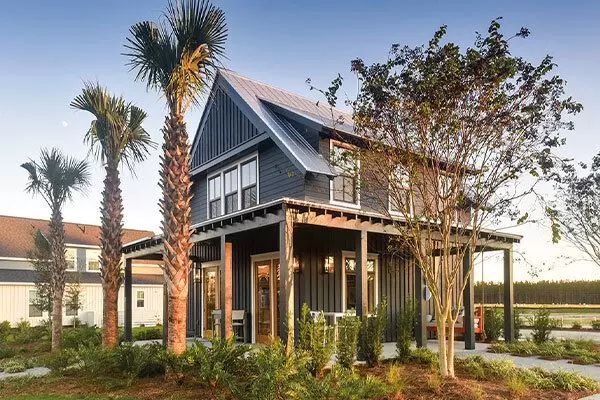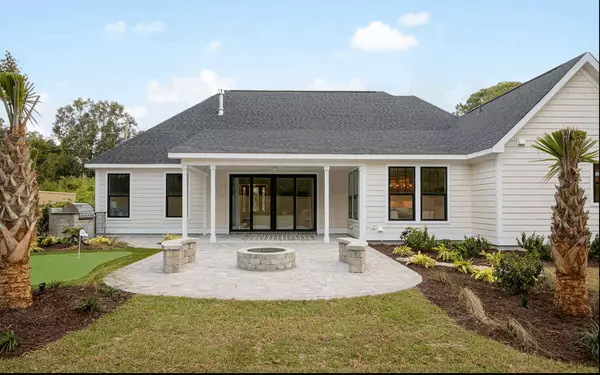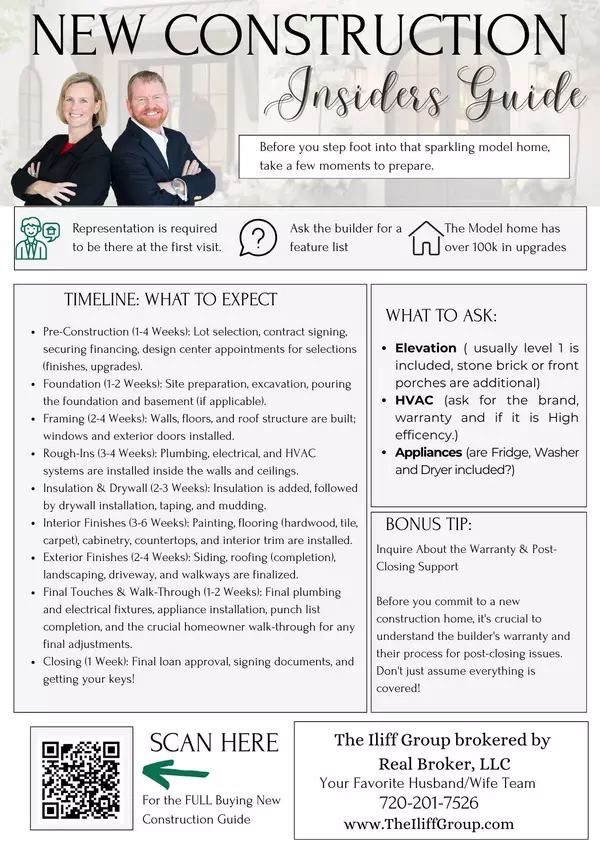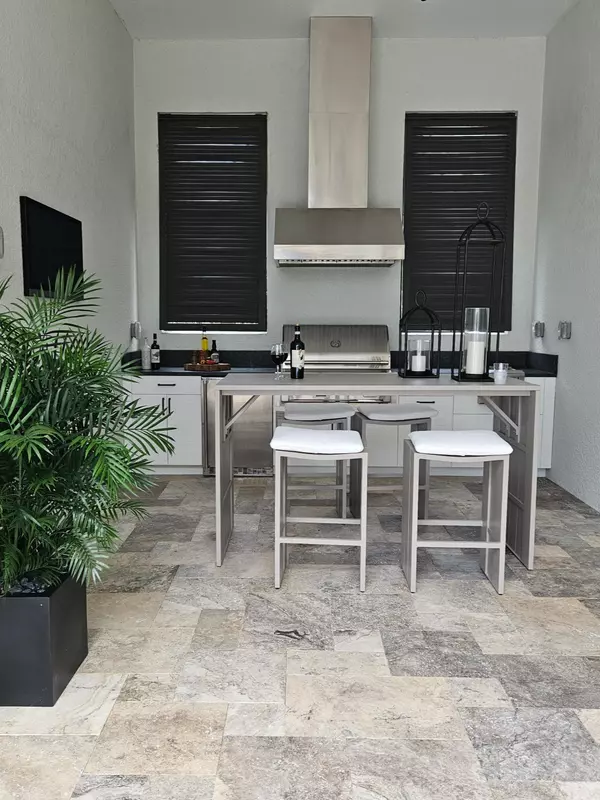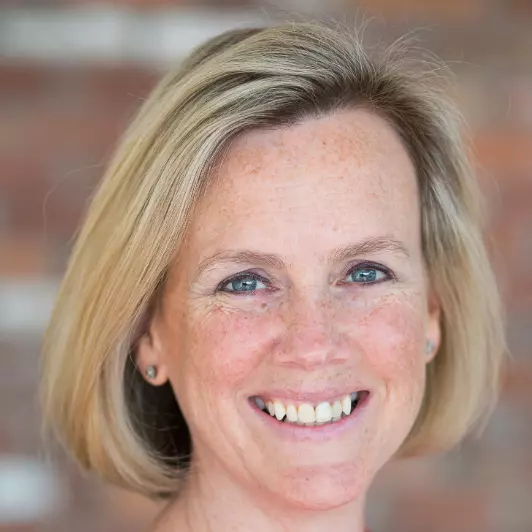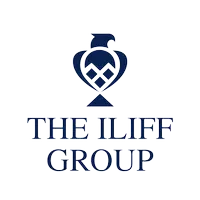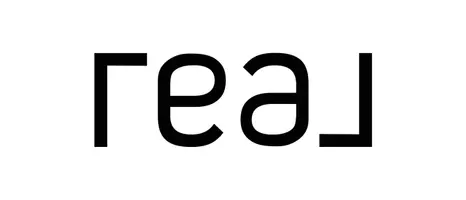Maximizing Cash Flow: Essential Landlord Tips for Summerville SC Rentals

Maximizing Cash Flow: Essential Landlord Tips for Summerville, SC Rentals 💰🏡
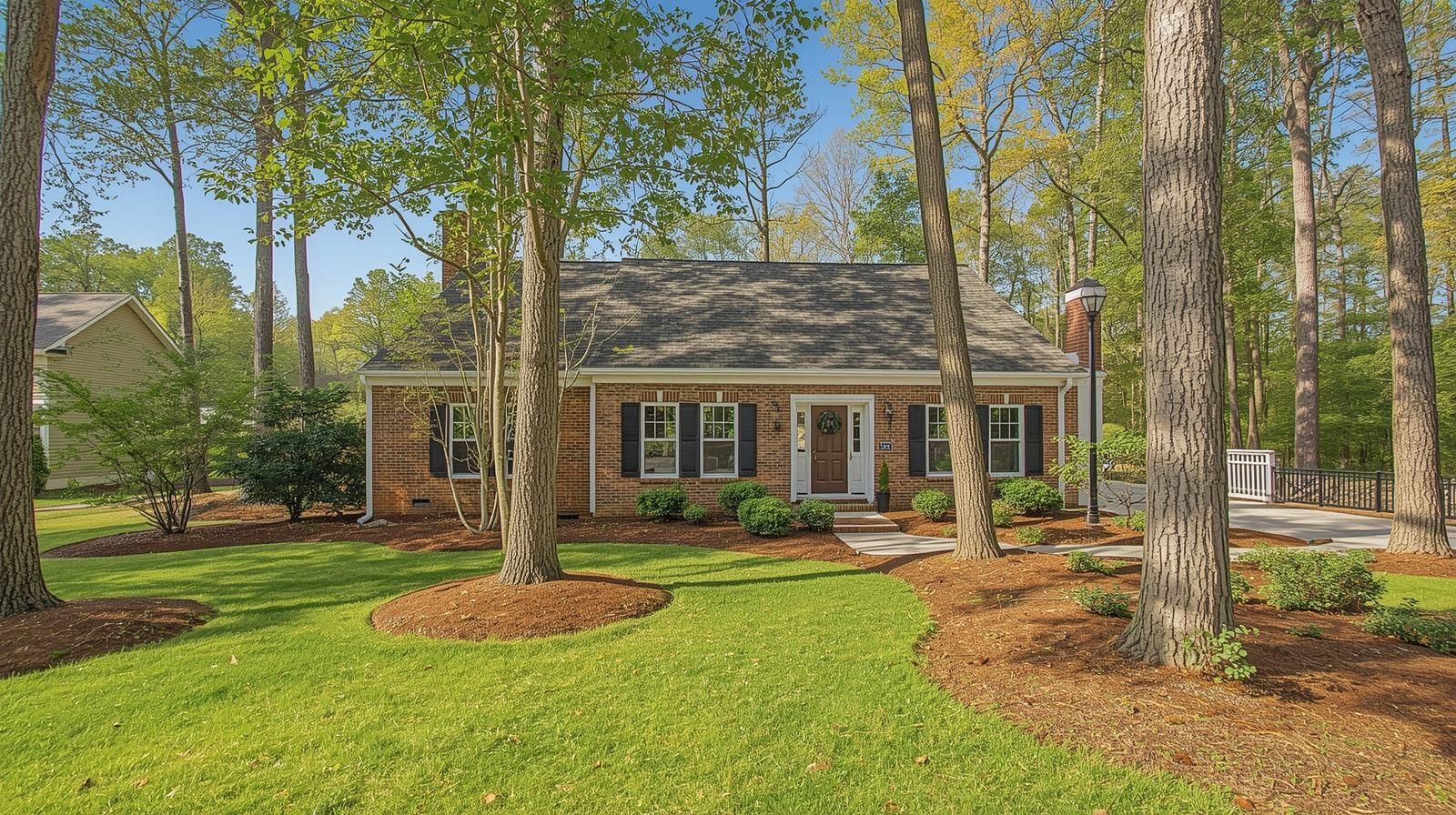
Investing in the Summerville, South Carolina real estate market offers incredible potential, but turning that potential into consistent, robust cash flow is an art and a science. As landlords, we know that success isn't just about collecting rent, it's about meticulous management, strategic expense reduction, and intelligent revenue optimization. For husband-wife teams like ours, building a strong financial foundation for our rentals requires a united and informed approach to the unique demands of the Lowcountry market.
In this comprehensive guide, we'll share the most effective, battle-tested strategies that we use to ensure our rental properties not only survive but thrive, maximizing every dollar of profit in the vibrant Summerville and greater Charleston area. Our goal is to equip you with the knowledge to establish a high-performing rental portfolio that consistently delivers strong, positive cash flow.
Strategic Rent Pricing: The Foundation of Profitability
Setting the right rental price is the single most critical factor in maximizing your cash flow. Price your property too high, and you face lengthy vacancies that drain your profits. Price it too low, and you're leaving money on the table every single month. We have developed a dynamic, data-driven approach to ensure we hit the "sweet spot" in the Summerville market.

Conduct a Comprehensive Comparative Market Analysis (CMA)
We never rely on guesswork. Before listing a property, we perform an in-depth Comparative Market Analysis (CMA) specifically for rental properties. This is more nuanced than a typical home sale CMA and must factor in the following to accurately reflect local demand:
-
Comparable Properties: We analyze at least three to five properties that are currently rented or have been rented in the last 60 days, focusing on homes within a one-mile radius of our property.
-
Property Parity: We compare properties that are closely matched in square footage, number of bedrooms and bathrooms, and critical features like garage space, fenced yards, and The Dorchester II School District designation, which significantly impacts Summerville rental values.
-
Condition and Features: We evaluate the finishes. A rental with updated granite countertops and stainless steel appliances will command a higher rate than one with older laminate and white appliances. Knowing our property’s true competitive standing is vital.
Incorporate Market Conditions and Seasonal Fluctuation
The Summerville rental market experiences seasonal shifts that we factor into our pricing strategy.
-
Peak Season Pricing: The rental market in the Charleston area generally heats up from late spring through late summer, driven by school schedules and corporate relocation cycles. We price aggressively, and sometimes slightly above, the average during these months to capture the maximum rent.
-
Off-Season Strategy: In the slower winter months, we might slightly adjust our price to ensure a shorter vacancy period. A slight reduction in rent is almost always more profitable than a month of zero income while the property sits empty.
Leverage Dynamic Pricing for Lease Renewals
We treat a lease renewal as a new opportunity to maximize cash flow. Instead of simply extending the current rate, we re-run a mini-CMA to determine the true current market rent.
-
Incentivizing Retention: While we aim for a market-rate increase, we recognize that tenant turnover is incredibly costly. We often offer a slightly below-market rent increase (e.g., 3-5% instead of a potential 7-8% increase) to a high-quality, long-term tenant. The cost of a few dollars in monthly rent is far outweighed by avoiding the expense of turnover, cleaning, repairs, and lost rent during vacancy.
Expense Reduction: The Hidden Profit Center
Maximizing cash flow isn't solely about increasing income; it's also about ruthlessly and intelligently controlling expenses. In a market like Summerville, where the coastal climate can drive up maintenance costs, having a proactive expense reduction plan is non-negotiable.

Implement a Rigorous Preventative Maintenance Schedule
Reactive maintenance, waiting until something breaks, is the single greatest threat to cash flow. An emergency HVAC repair in August can wipe out months of profit. We adopt a system of scheduled, preventative maintenance.
-
HVAC Service: We schedule bi-annual professional servicing of all heating and air conditioning units. This keeps the systems running efficiently, which also keeps tenant utility bills down (a major draw), and dramatically reduces the risk of costly system failure.
-
Pest Control: The Lowcountry is known for its pests. A quarterly pest control treatment is a small, deductible expense that prevents a much larger, emergency extermination cost and keeps our tenants happy.
-
Roof and Gutter Checks: After any major storm or at least twice a year, we inspect roofs and clear gutters to prevent water damage, which can lead to expensive interior repairs and mold issues. In South Carolina, preventing moisture intrusion is critical.
Strategic Tax and Legal Deductions
We partner with local Summerville-area tax professionals who specialize in rental properties to ensure we are maximizing every possible deduction allowed under IRS guidelines, which is crucial for reducing our taxable income and boosting our net cash flow.
-
Depreciation: This non-cash expense is a powerful tool. We work with our CPA to accurately depreciate the structure of our properties over 27.5 years, deducting a portion of the value each year. The land value, however, is not depreciable.
-
Operating Expenses: Nearly every expense incurred in the operation of the rental business is deductible. This includes:
-
Mortgage Interest
-
Property Taxes (a major expense in Dorchester County)
-
Insurance Premiums (including flood insurance, if applicable)
-
Advertising and Leasing Fees
-
Professional Fees (legal, accounting)
-
Repairs and Maintenance costs
-
Travel Expenses (mileage for property visits)
-
-
Improvements vs. Repairs: We carefully categorize expenses. A repair (e.g., fixing a broken fence post) is immediately deductible, while a capital improvement (e.g., installing a new roof or adding a deck) must be depreciated over several years. Accurate classification is essential for tax optimization.
Smart, Energy-Efficient Upgrades
While high-end renovations can often yield a higher rental rate, sometimes the most impactful upgrades are the least visible. Our strategy focuses on cost-effective improvements that lower tenant utility bills and reduce our long-term repair exposure.
-
Low-Flow Fixtures: Installing low-flow showerheads and toilets can significantly reduce water utility costs, especially if we cover the water bill, but it's also a selling point for water-conscious tenants.
-
LED Lighting: We switch all interior and exterior lighting to energy-efficient LED bulbs, which last years longer than traditional bulbs and cut electricity costs.
-
Smart Thermostats: Installing a smart thermostat allows us to track energy usage, and in some cases, remotely adjust temperatures in vacant units to save money while protecting the property.
Tenant Retention: Minimizing Costly Turnover
The fastest way to decimate cash flow is frequent tenant turnover. The costs of a single turnover, cleaning, repairs, fresh paint, re-keying, advertising, screening, and vacancy loss, can easily exceed one month's rent. Our goal is to forge strong relationships that keep high-quality tenants in place for multiple years.
Rigorous and Consistent Tenant Screening
The foundation of high retention is selecting the right tenant from the start. Our screening process is thorough and non-negotiable:
-
Credit Check: We look for financial responsibility, not just a perfect score. We focus on debt-to-income ratio, payment history, and any past evictions or collections related to housing.
-
Income Verification: We require proof of income that is at least three times the monthly rent. This ensures the tenant can comfortably afford the payment, reducing the risk of late payments or default.
-
Rental History and Landlord References: This is arguably the most crucial step. We speak directly to previous landlords, asking specific questions about on-time payments, property care, and adherence to lease terms. Past behavior is the best predictor of future behavior.
Exceptional Communication and Proactive Service
Once a lease is signed, the service begins. We operate under the philosophy that treating our tenants like valued customers encourages them to treat our property like their own.
-
Rapid Response to Maintenance: We guarantee prompt, 24-48 hour response times for all non-emergency maintenance requests. Tenants are far more likely to renew a lease if they feel safe and their maintenance needs are handled quickly and professionally.
-
Easy Payment System: We use online payment portals to make paying rent effortless for the tenant, which ensures that we receive rent on time, every time, supporting predictable cash flow.
-
Annual Check-Ins: We conduct a low-impact, mid-lease inspection or "check-in" to confirm property condition, address any minor issues the tenant may not have reported, and ensure everything is running smoothly. This small act shows we care about the living conditions and helps us spot small repair needs before they become major problems.
Revenue Generation: Looking Beyond Monthly Rent
To truly maximize cash flow in Summerville, we look for ethical, value-added revenue streams that enhance the tenant's experience while slightly boosting our income.
Strategic Pet and Appliance Fees
While we are pet-friendly to expand our applicant pool, we structure our fees to compensate for the higher wear-and-tear associated with pets.
-
Pet Fees and Deposits: We charge a non-refundable Pet Fee upon move-in to cover initial cleaning, and often a smaller, recurring Pet Rent on a monthly basis. This generates an additional predictable revenue stream. We are clear that pet rent is not a security deposit.
-
Premium Appliance Rental: If a Summerville rental does not come standard with a washer and dryer, we offer to lease a set to the tenant for a small monthly fee. This is a convenience for the tenant, allowing them to avoid moving large appliances, and an additional income source for us that can recoup the appliance cost within a few years.
Short-Term Rental Potential for Vacancy Gaps
While Summerville is primarily a long-term rental market, we consider using short-term rental platforms during an unexpected vacancy period to mitigate loss.
-
Bridging Vacancies: If our property is market-ready but we are between long-term tenants for a few weeks, we can leverage the high demand from local military, corporate, or vacation travelers to cover the mortgage and utilities until the new long-term tenant moves in. This turns a period of loss into a break-even or even profitable period.
Financial Due Diligence: Protecting and Projecting Cash Flow
The most successful landlords treat their portfolio as a true business, with rigorous financial tracking and strategic budgeting. This final step solidifies our cash flow and prepares us for the unexpected.
Build and Maintain a Capital Expenditures (CapEx) Fund
A key differentiator between positive and negative cash flow is the ability to handle large, non-recurring expenses without dipping into operating profit. In the Lowcountry climate, a roof replacement or a full HVAC system replacement is inevitable.
-
CapEx Budgeting: We calculate an estimated annual CapEx for each property (often $100-$200 per month for a single-family home) and set that money aside in a separate, dedicated savings account. This fund is not for repairs; it’s for large-scale replacements.
-
Example: When a roof needs replacing, the funds are already saved. This prevents a unexpected expense from destroying our annual cash flow. We treat this as a mandatory operating expense, ensuring our cash flow projections are realistic and stable.
Review Insurance Coverage Annually
Summerville, as part of the coastal plain, faces higher risks of hurricane and flood damage. We review our Landlord Insurance (often called Dwelling Fire Policy) every year to ensure we have adequate coverage, which is a critical protection for our cash flow.
-
Comprehensive Coverage: We ensure our policy covers all necessary perils, including wind/hail and, if applicable, a separate Flood Insurance policy. A single uninsured event can destroy the property and lead to catastrophic financial loss.
-
Loss of Rent/Business Interruption Coverage: We make sure our policy includes coverage for loss of rent. If a covered event makes the property uninhabitable for several months, this coverage will continue to pay us the rent, protecting our cash flow until the property is repaired and re-rented.
Ready to Elevate Your Summerville Rental Game? 🚀
We’ve seen firsthand how a commitment to these essential strategies, from market-based rent setting and proactive maintenance to prioritizing tenant retention and rigorous financial planning, can transform a stagnant rental property into a high-performing asset. In the competitive Summerville, SC real estate market, maximizing your cash flow is the ultimate measure of success.
👉 Contact Us Today To search for your next rental property.
Frequently Asked Questions
1. How often should we raise the rent to stay profitable without losing a good tenant?
We recommend a rent increase annually at the lease renewal, even if it's a small one to keep pace with inflation and market growth. A data-driven increase of 3% to 5% is usually well-received by quality, long-term tenants, as the cost of moving almost always exceeds the increase. This steady, predictable increase ensures your property maintains market value and that you consistently optimize your income stream. The key is communicating the increase transparently and early, positioning it as a way to maintain the high quality of their living environment. We always prioritize retaining an excellent tenant over pushing for the absolute highest possible market rent.
2. What is the single best way to reduce recurring operating expenses on a Summerville rental?
The single best way to reduce recurring operating expenses is by implementing mandatory, preventative HVAC maintenance performed twice a year. An efficient HVAC system reduces the owner’s long-term repair exposure and significantly lowers the tenant’s monthly utility burden, making the unit more attractive. A well-maintained system will last longer, deferring a capital expense, and drastically decrease the chance of an emergency failure, which can cost thousands and lead to unexpected vacancy. We include this simple expense in our lease agreement and schedule it ourselves to ensure it is never missed.
3. What should we budget for unexpected repairs and maintenance on an annual basis?
We recommend budgeting $100 to $200 per month, per single-family rental unit, for a dedicated Capital Expenditures (CapEx) fund, separate from a maintenance and repairs budget. General day-to-day repairs are typically around 1% of the property's value annually, but the CapEx fund covers large, expensive, and unavoidable replacements like the roof, HVAC, or water heater. By consistently setting aside this money, we ensure that the inevitable replacement of these expensive components does not create an immediate, negative cash flow event that wipes out our profits for the year.
4. Should we allow pets to increase our potential rental income?
Yes, we strongly recommend allowing pets, as it significantly broadens your potential tenant pool in the Summerville market, increasing demand and reducing vacancy time. While pets do increase wear and tear, we offset this by instituting a non-refundable pet fee upon move-in, coupled with a monthly pet rent. This strategy turns the "cost" of pet ownership into a small, reliable new revenue stream, typically covering the slightly higher turnover costs and positively impacting the property's overall cash flow. A well-vetted pet owner often proves to be a long-term, responsible tenant.
5. What’s the most important thing we should check during tenant screening to protect our cash flow?
The most important thing to check during tenant screening is a verified Landlord Reference from the two most recent landlords, not just a current one. We want to know if they consistently paid on time, respected the property, and adhered to all lease terms. This history is the strongest indicator of future tenancy success, which directly translates into steady rent payments and lower turnover costs for you. Skipping this crucial step leaves you vulnerable to a financially risky tenant, which is the quickest way to see cash flow turn negative.
Categories
- All Blogs (83)
- Cost of Living in Summerville SC (21)
- Cost of Selling or Buying a Home (23)
- Downtown Summerville SC (6)
- Freebie (2)
- Golf in Summerville SC (2)
- Guides (15)
- Job Opportunities in Summerville SC (1)
- Lifestyle and Culture (22)
- Market Trends (3)
- Nearby Areas & Comparison Guides (15)
- Neighborhoods in Summerville SC (21)
- PCSing to Charleston - Military Guidance (12)
- PCSing to Charleston SC (22)
- Property Taxes in Summerville SC (6)
- Relocation Questions & Miscellaneous Topics (39)
- Retire in Summerville SC (5)
- Schools in Summerville SC (13)
- Things to do in Summerville SC (6)
Recent Posts

